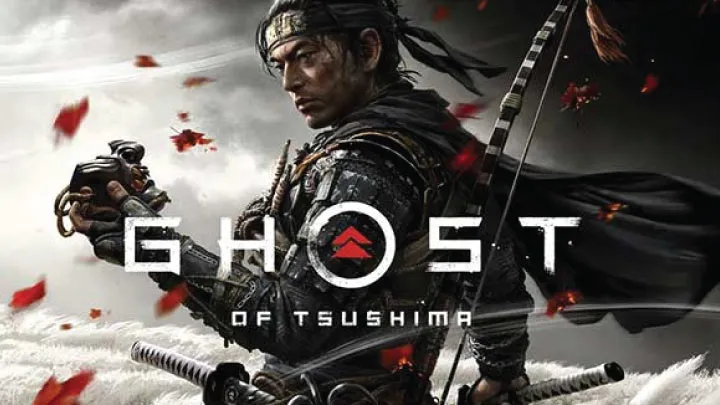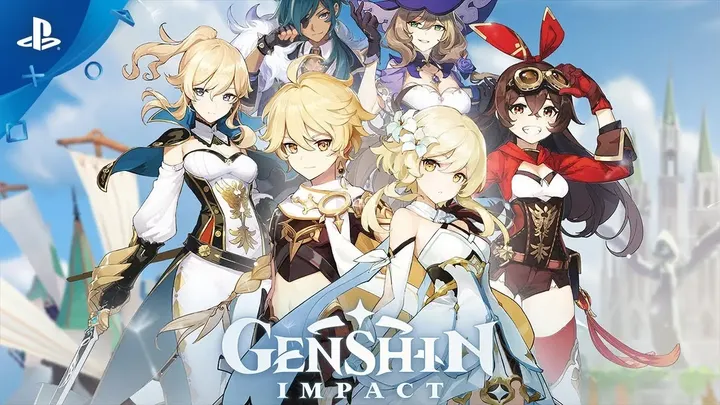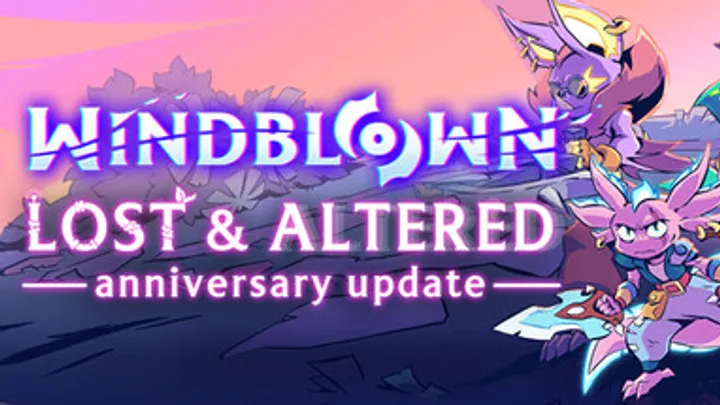
Ghost of Tsushima, developed by Sucker Punch Productions and released in July 2020, is a stunning open-world action-adventure game set in feudal Japan during the Mongol invasion. The game follows Jin Sakai, a samurai warrior tasked with defending his homeland and preserving his family's honor. However, as the conflict intensifies and traditional samurai tactics prove ineffective against the Mongol invaders, Jin grapples with the need to adapt his approach to warfare. This article will explore the profound themes of honor and identity in Ghost of Tsushima, examining how these elements shape Jin’s character arc, influence player choices, and reflect the broader cultural and historical context of the game.
The Setting: A World in Turmoil
Historical Context
Ghost of Tsushima is set against the backdrop of the first Mongol invasion of Japan in 1274. This historical context is crucial, as it informs the conflict and the cultural values that underpin the narrative. The samurai code of honor, known as Bushido, emphasizes loyalty, courage, and self-discipline. These ideals are central to Jin's identity as a samurai, shaping his actions and decisions throughout the game.
However, the arrival of the Mongols represents a fundamental challenge to these values. The invading forces employ ruthless tactics that force Jin to reconsider the principles he has always upheld. This clash between traditional samurai values and the harsh realities of warfare sets the stage for Jin's internal struggle and the broader themes of the game.
The Island of Tsushima
The island of Tsushima itself is a character in the story, beautifully rendered with lush landscapes, serene forests, and dynamic weather. As players explore this vast open world, they encounter various factions, wildlife, and remnants of the samurai culture. The design of the environment invites exploration, encouraging players to immerse themselves in the rich history and beauty of Tsushima.
The island's transformation due to the Mongol invasion serves as a poignant backdrop for Jin's journey. As players navigate the landscape, they witness the impact of the conflict on the land and its people, reinforcing the stakes of Jin's mission to protect his home and restore honor.
The Samurai Code: Honor and Duty
Understanding Bushido
Bushido, the way of the warrior, is a central theme in Ghost of Tsushima. The samurai code emphasizes loyalty to one's lord, courage in battle, and honor above all else. Jin's upbringing is steeped in these values, and he initially approaches combat with a sense of duty and righteousness.
However, as the game progresses, Jin's understanding of honor becomes increasingly complex. The traditional samurai approach to combat—fighting honorably and openly—proves ineffective against the Mongols’ cunning and brutality. This realization forces Jin to confront the limitations of his beliefs and seek alternative methods to protect his people.
The Burden of Honor
Jin's commitment to honor becomes a burden as he grapples with the consequences of his actions. The game presents players with moral dilemmas that challenge their understanding of what it means to be a samurai. For instance, Jin must decide whether to adopt stealth tactics, which are seen as dishonorable by traditional samurai standards.
These choices create a tension between Jin's identity as a samurai and his desire to protect Tsushima. Players are confronted with the question of whether the end justifies the means, adding depth to Jin's character and the narrative as a whole. This internal conflict reflects broader themes of honor and morality in the face of adversity.
The Evolution of Jin Sakai
The Transformation from Samurai to Ghost
As the game progresses, Jin's character undergoes a profound transformation. Initially, he embodies the ideals of a samurai committed to the Bushido code. However, the harsh realities of war force him to adopt a new identity as the "Ghost," a figure who operates outside the bounds of traditional honor.
This evolution is marked by key moments in the narrative, such as his encounters with the Mongol invaders and the realization that he must use unconventional tactics to protect his homeland. The Ghost represents a departure from the samurai ideals, embodying a more pragmatic approach to warfare that prioritizes results over honor.
The Impact of the Ghost Identity
Jin's transformation into the Ghost allows players to explore different gameplay mechanics, such as stealth and assassination. This shift in approach not only enhances gameplay diversity but also deepens the narrative experience. Players witness Jin grappling with the consequences of his actions, questioning whether his newfound methods align with his values.
The duality of Jin's identity as both a samurai and a ghost creates a compelling narrative tension. Players must navigate this conflict as they engage with the world, making choices that reflect their understanding of honor, duty, and sacrifice.
The Role of Supporting Characters
Allies and Mentors
Throughout his journey, Jin encounters various supporting characters who influence his development and challenge his beliefs. Characters like Yuna, a skilled thief, and Sensei Ishikawa, a master archer, serve as mentors who guide Jin in his transformation. Each character brings unique perspectives on honor, survival, and the complexities of the conflict.
Yuna, in particular, embodies the practical approach that contrasts with traditional samurai values. Her willingness to employ stealth and cunning to achieve her goals challenges Jin's understanding of honor, prompting him to reevaluate his beliefs. This dynamic adds depth to the narrative, as Jin learns from his allies and grapples with the implications of their choices.
Antagonists and Their Influence
The game's antagonists, especially Khotun Khan, serve as foils to Jin's character. Khotun Khan represents the ruthless and pragmatic approach of the Mongol invaders, emphasizing the idea that survival often necessitates compromise of ideals. His brutal tactics and manipulation of fear challenge Jin's understanding of honor and force him to confront the reality of his situation.
The interactions between Jin and his adversaries highlight the broader themes of the game, exploring the nature of power, control, and the moral complexities of warfare. These confrontations push Jin to grow and adapt, ultimately shaping his journey as he seeks to reclaim his homeland.
Themes of Identity and Belonging
The Search for Identity
As Jin navigates the challenges of war, he embarks on a quest for identity that resonates deeply with players. The struggle to balance his samurai heritage with the need for adaptability reflects broader themes of self-discovery and personal growth. Jin's journey becomes a metaphor for the challenges individuals face when navigating conflicting identities and values.
The narrative encourages players to reflect on their own identities and how they adapt in the face of adversity. This exploration of identity adds emotional depth to the gameplay experience, allowing players to connect with Jin's struggles on a personal level.
The Concept of Belonging
Belonging is another central theme in Ghost of Tsushima. Jin's journey is not just about reclaiming his homeland; it is also about finding his place within a changing world. As he grapples with the impact of his choices, he must also confront what it means to belong to a community that has been torn apart by conflict.
The relationships Jin builds with characters like Yuna and Sensei Ishikawa contribute to his sense of belonging. These connections help him navigate the complexities of his identity and reinforce the idea that community and support are essential for personal growth. The game’s narrative ultimately emphasizes the importance of connection, even in the face of adversity.
The Emotional Weight of Choices
Moral Dilemmas
Ghost of Tsushima presents players with moral dilemmas that challenge their understanding of honor and duty. As Jin adopts the Ghost persona, players are confronted with choices that may conflict with traditional samurai values. For example, players must decide how to approach combat situations—whether to engage head-on as a samurai or use stealth tactics to eliminate threats.
These choices carry emotional weight, as players must grapple with the consequences of their actions. The game encourages players to reflect on what it means to uphold one's values while facing the harsh realities of war. This dynamic adds depth to the gameplay experience, as players navigate complex moral landscapes.
The Consequences of Actions
The game also emphasizes the consequences of players' choices. Actions taken during missions can lead to varying outcomes, affecting relationships with characters and the overall narrative. For instance, a decision to spare or eliminate a foe may impact future encounters and the perception of Jin within the community.
This emphasis on consequences fosters a sense of agency, as players recognize that their decisions shape the narrative and the world around them. The emotional weight of these choices enhances the overall experience, making players more invested in the outcome of their journey.
The Cultural Significance of Ghost of Tsushima
Representation of Japanese Culture
Ghost of Tsushima has been praised for its respectful portrayal of Japanese culture and history. The developers conducted extensive research to ensure accuracy in the game's representation of samurai culture, aesthetics, and traditions. This commitment to authenticity resonates with players, particularly those familiar with Japanese history and folklore.
The game's attention to detail in its environments, character designs, and storytelling elements creates an immersive experience that honors the cultural heritage of Japan. This representation has sparked conversations about the importance of cultural sensitivity in gaming and the positive impact of diverse narratives.
The Legacy of the Samurai
The samurai's legacy is central to the game's narrative, exploring themes of honor, loyalty, and sacrifice. The game invites players to engage with the complexities of samurai culture, challenging conventional perceptions of heroism and morality. As players navigate the challenges faced by Jin, they are encouraged to reflect on the ideals of the samurai and how they intersect with the realities of warfare.
Ghost of Tsushima's exploration of the samurai's legacy adds depth to the narrative, allowing players to appreciate the intricacies of a culture that values honor and duty. This cultural significance contributes to the game's lasting impact on players and the gaming industry as a whole.
The Future of Ghost of Tsushima
Anticipating New Content
As Ghost of Tsushima continues to thrive, players can anticipate new content and expansions that will further enrich the narrative experience. The game's success has opened the door to potential DLCs or sequels, allowing players to explore new stories, characters, and gameplay mechanics.
Future updates may also introduce new regions to explore, expanding the already vast world of Tsushima. Players can look forward to additional quests, challenges, and collectibles that will enhance the gameplay experience and encourage continued exploration.
Community Engagement and Player Involvement
The future of Ghost of Tsushima will depend on the continued engagement of the community. Player feedback and involvement will be essential for shaping the direction of updates and new content. The developers have demonstrated a willingness to listen to player input, and this collaborative spirit will remain crucial for maintaining a vibrant and engaged player base.
Encouraging players to share their thoughts and experiences will foster a strong relationship between the developers and the community. By prioritizing player involvement, the development team can create experiences that resonate deeply with the player base and enhance the overall enjoyment of the game.
Conclusion
Ghost of Tsushima exemplifies the intricate interplay between narrative, culture, and player engagement in gaming. The exploration of honor, identity, and the consequences of actions creates a rich and immersive experience that resonates deeply with players.


















